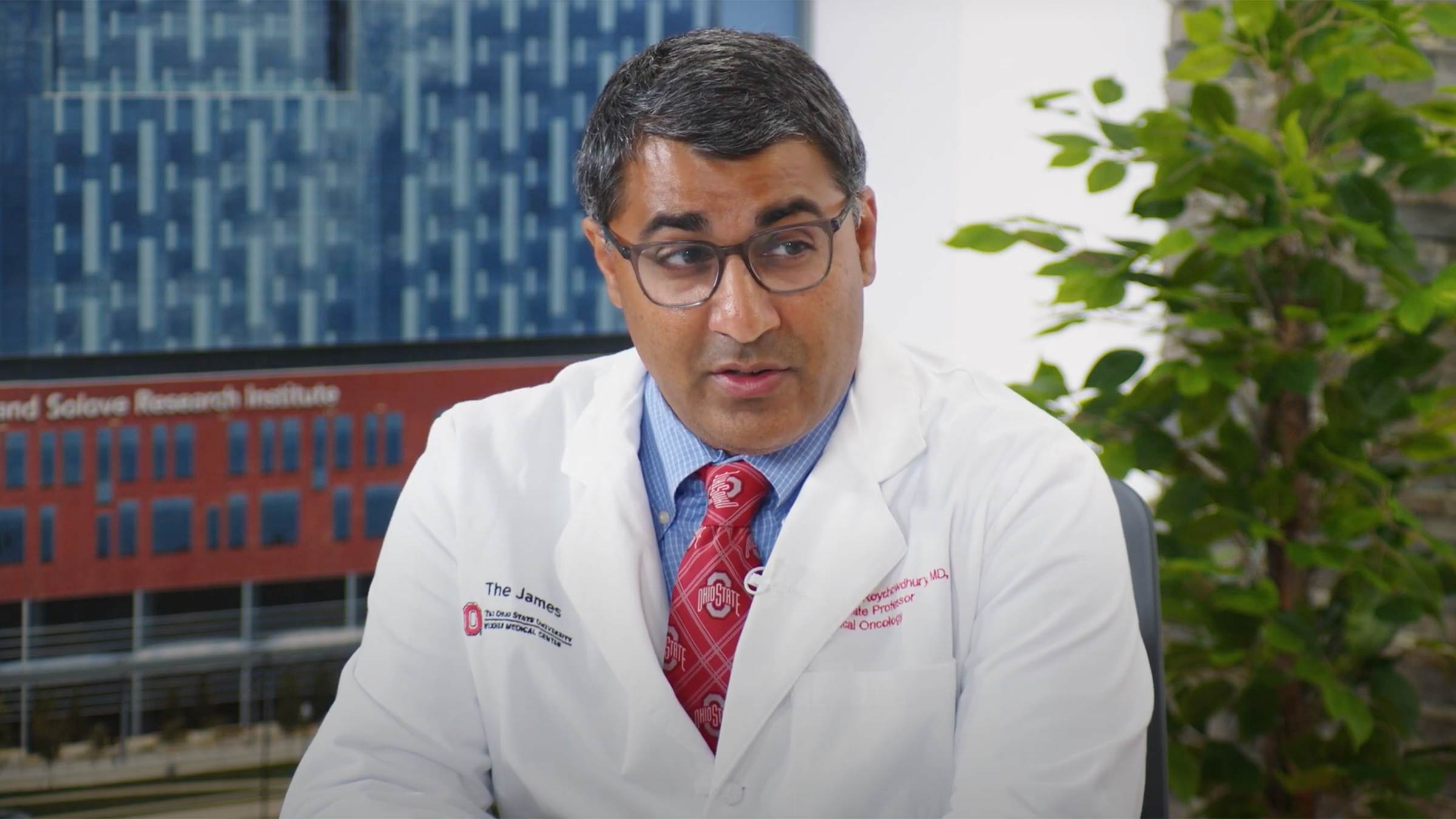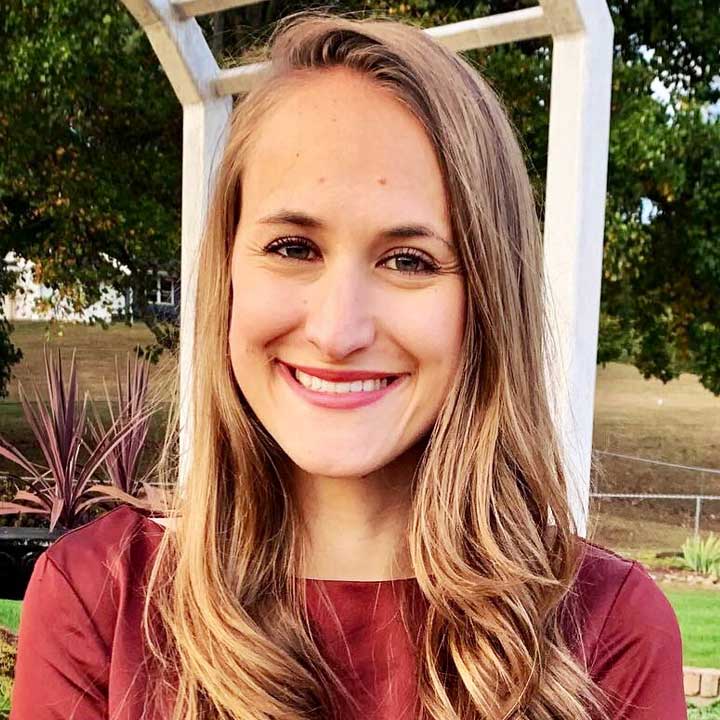Telehealth gives more people with cancer access to clinical trials
For people with cancer — particularly those with aggressive, advanced cancers — often face barriers to traveling for specialized cancer care.
Fortunately, the rise of telehealth during the COVID-19 pandemic has improved access to care while reducing financial hardship. Now, researchers at The Ohio State University Comprehensive Cancer Center – Arthur G. James Cancer Hospital and Richard J. Solove Research Institute (OSUCCC – James) are pioneering some of the first clinical trials to leverage telehealth and deliver potentially lifesaving research and new therapies to patients.
Pancreatic cancer clinical trial conducted via telemedicine
Every year, close to 64,000 people are diagnosed with pancreatic cancer. Most patients don’t receive a diagnosis until their cancer is advanced, making them ineligible for surgical options that may cure the disease in its early stages. Only recently have oncologists begun to understand that patients with pancreatic cancer can benefit from targeted smart drugs, which attack only the genetic mutations of a cancer that contribute to its cell growth.
A new clinical trial for a smart drug that combats fibroblast growth factor receptors (FGFR)-positive pancreatic cancer will soon launch at the OSUCCC – James. The clinical trial was made possible through funding from Pelotonia.
Spearheaded by Sameek Roychowdhury, MD, PhD, an oncologist and professor of Internal Medicine at The Ohio State University College of Medicine, the trial will enroll 40 patients from across the country. Patients will receive specialized treatment from the comfort of home in the form of oral pills while communicating with Dr. Roychowdhury through video appointments. From his lab in Columbus, Dr. Roychowdhury will work with each patient’s local oncologist to coordinate blood draws and CT scans.
Dr. Roychowdhury credits a trainee in his lab, Zachary Risch, MD, with managing the complex process of implementing a telehealth clinical trial.
“Young scientists like Dr. Risch are driving innovation research forward,” he says.
How ‘smart drugs’ might benefit pancreatic cancer treatment
The drug being tested represents more than a decade of research into FGFR, a genetic mutation found in approximately 1% of patients with pancreatic cancer — approximately 500 people per year in the United States. By shutting down signals in FGFR-mutated genes that drive cancer growth, the smart drug delivers more precise, personalized treatment to patients who have cancer where an FGFR mutation is present.
By making clinical trials feasible for a narrow subset of patients, telehealth “has the potential for monumental impact on how cancer drugs are developed,” Dr. Roychowdhury says. “Since many gene targets, including the FGFR mutation, are quite rare, drug companies are often discouraged from developing therapies for these patients. But our research has found that smart drugs can block the activity of FGFR mutations and control a patient’s advanced cancer.”
The trial is informed by Dr. Roychowdhury’s experience in treating patients with advanced pancreatic cancer and FGFR smart drugs.
“Our 10 years of experience with FGFR smart drugs will ensure we can provide top-notch care for every patient enrolled in this trial,” Dr. Roychowdhury says.
Learning more about the trial
The pancreatic cancer telehealth trial is expected to accept patients in late 2024, though a registry for interested patients is available. If you’d like to learn more, please contact Dr. Roychowdhury’s team.

Ready to participate in a clinical study?
See what research studies need participants.
Participate in research








